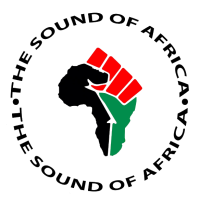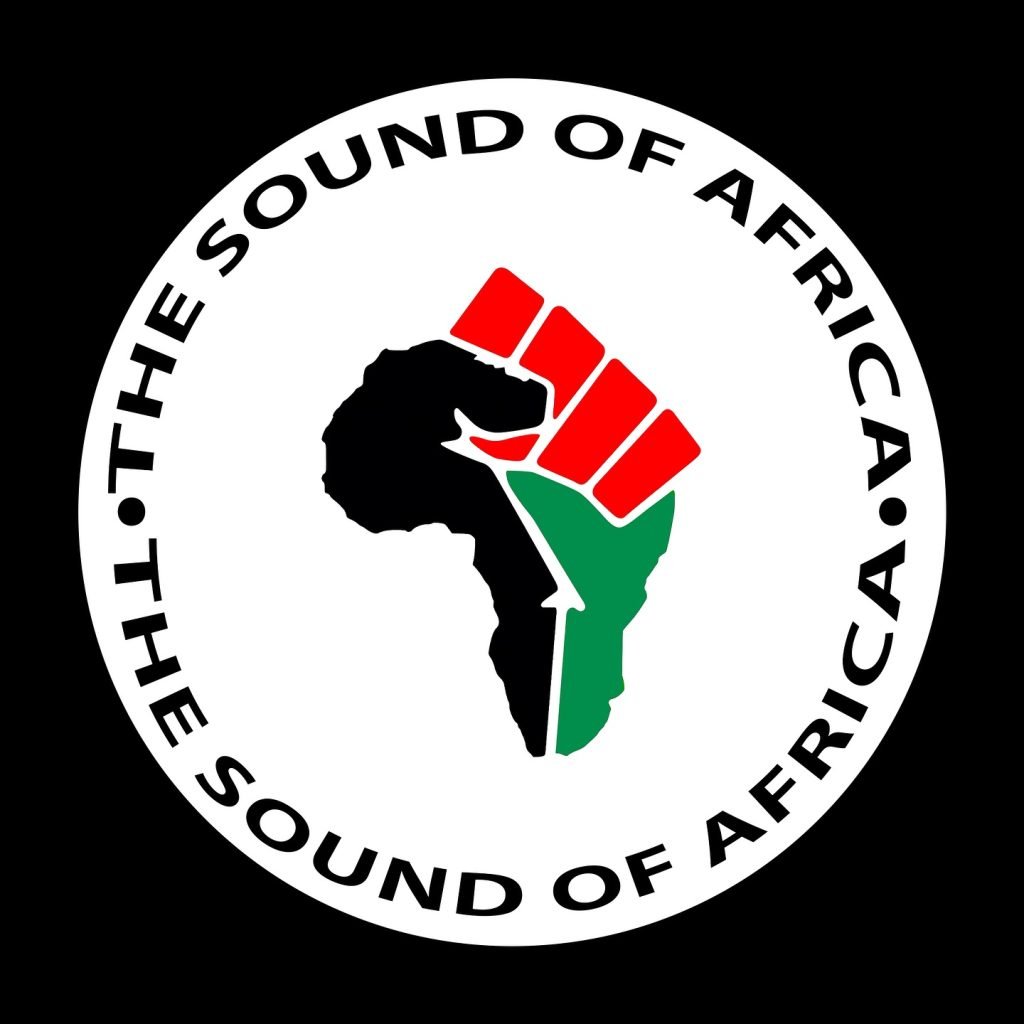Economic development, and township economic development in particular, is vital to grow the South African economy. It generates shops in rural areas and offers products and services that are ingrained with unique experiences and histories.
With the aim to revitalise this sector of the economy, the Gauteng provincial government, along with the Furniture Technology Centre Trust (Furntech), joined forces with the Pernod Richard Foundation to produce the entrepreneurial development programme. The programme addresses unemployment, poverty and skills development all while uplifting emerging entrepreneurs.
Eight township furniture makers graduated from the two-year entrepreneurial development programme in October at a ceremony held at the Pernod Ricard Foundation. Participants in the programme received Seta-accredited training covering carpentry, business management, manufacturing, technology and accounting.
Between them, they have created 42 jobs and generated more than R 2 million since joining the programme.
Makers 1: John Mathebula and Manyane Rantai (centre) showcase miniatures of some of their furniture designs at the graduation yesterday. With them are (from left) Furntech CEO Michael Reddy, Pernod Ricard Africa-Middle East Corporate Affairs Director Pamela Nkuna, and Pernod Ricard South Africa Sustainability and Responsibility Manager Kalashni Narainsamy. PICTURE: Philip Mostert
The Importance of Township Economic Development
It’s estimated that 17% of South Africa’s total employment is thanks to the informal economy, often referred to as the ‘township economy.’ It acts as a vehicle through which families can generate an income, as well as employ other individuals. This is especially true for persons who face many barriers to employment in the mainstream economy. In this way, the township economy also alleviates poverty and encourages innovation.
Programmes such as the maker’s development programme play a key role in enabling entrepreneurs to grow their businesses to the point where they can make a meaningful impact in their communities. These programmes focus on enhancing the innovator’s natural aptitude and showing them how to improve their businesses.
Makers 2: Hosea Matlou (centre) with (L-R) Furntech CEO Michael Reddy, and Pernod Ricard’s Pamela Nkuna and Kalashni Narainsamy. PICTURE: Philip Mostert
Entities Involved in Development Programmes
National and provincial governments are making efforts to upskill and mould the talents of eager entrepreneurs through various sectors. The following government institutions are involved:
SEFA
SEFA runs the Township and Rural Entrepreneurship Programmes (TREP). It aims to support informal, micro and small enterprises and cooperatives in the rural and township economies. The programme offers blended finance and business development support to various sectors with a view of promoting their participation in the mainstream economy.
SEDA
SEDA, the Small Economic Development Agency, has various programmes to assist SMMEs in all phases of business development. The different programmes include the Export Development Programme which aims to develop and generate export-ready small enterprises among others that grow the skills of existing businesses.
Makers 3: Graduates of the Pernod Ricard Foundation Makers Programme display miniatures of their wares, while Furntech CEO Michael Reddy, Pernod Ricard Africa CEO Sola Oke, and Corporate Affairs Director for Africa-Middle East, Pamela Nkuna, look on. PICTURE: Philip Mostert
Local Government
The South African government provides eager youth with employment and training opportunities through learnerships. Once the individual graduates, they will have the necessary skills to find permanent employment.
The Kgabane Project gives indigenous crafters and emerging jewellers from poor communities the chance to participate in the mainstream of the precious metal jewellery industry. It provides accredited skills training and a learnership where individuals can master their skills.
Through the Innovation Fund, economic competitiveness is promoted by developing the products and ideas of young innovators.
Tshumisano Programme provides technical and financial support to technology stations which are based in technikons. Existing SMMEs then receive technology solutions, services and training at these centres.
Among the above mentioned governmentnt backed initiative, many businesses in the private sector are involved in growing South African entrepreneurs. The Pernod Ricard South Africa Foundation is an excellent example of this. Like many private institutions and non-profit organisations, the foundation is making measurable strides to improve the livelihoods of its countrymen and advance the economy.
Economic development, and township economic development in particular, is vital to grow the South African economy. It generates shops in rural areas and offers products and services that are ingrained Read More


